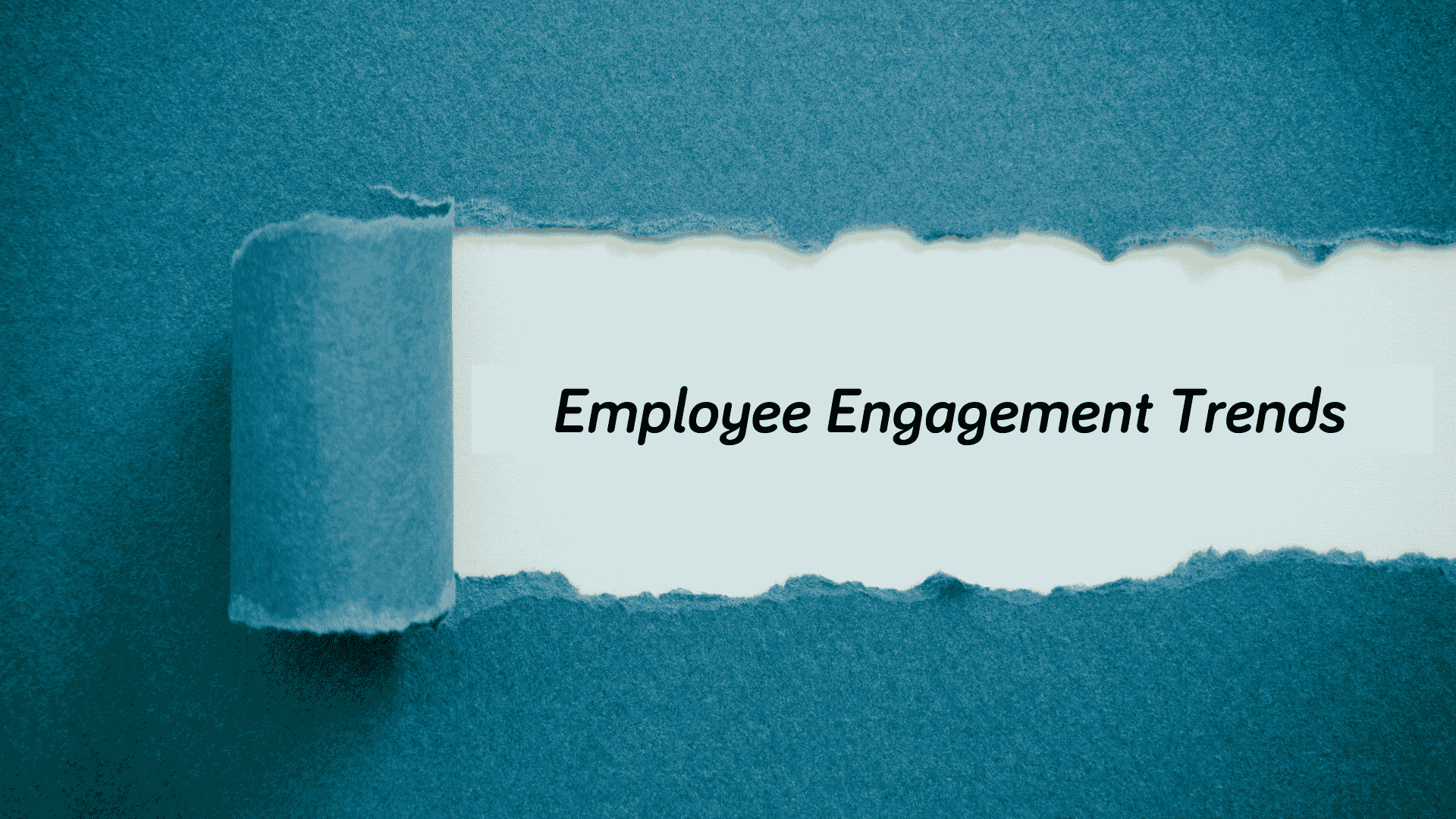Employee Wellbeing: What Is Presenteeism?
October 2, 2022Categorised in: News
There are a few ways to describe presenteeism, but the most simple definition is when you are physically at work but aren’t able to offer your usual level of productivity due to things such as injury or illness.
Similar to burnout and boreout, presenteeism has a massive effect on employee mental health. Here, we break down exactly what presenteeism is and how you can effectively manage it to boost your employees’ wellbeing.
Why Is Presenteeism A Problem At Work?
Sometimes, job insecurity and other workplace culture issues may cause employees to feel like they must always be at work, no matter how they feel. Management can also sometimes set an unrealistic trend of working long hours, or employees can feel pressure from poorly delegated tasks that mean they can’t skip work or they’ll fall further behind.
It’s also a common trend that if people feel insecure in their job, they will lean towards presenteeism to ensure that they go ‘above and beyond’ to feel more secure and valued at what they do.
This outlook is highly damaging to employee mental health as workers start to prioritise their work over their own wellbeing.
However, it’s not just the employee that suffers from presenteeism; it can damage overall team wellbeing, especially for colleagues in a similar role, who may feel the pressure to behave the same way.
This creates a presenteeism cycle of poor employee mental health, leading to poor productivity and employee engagement.
What Are Some Examples Of Presenteeism?
Presenteeism can manifest in many ways, including:
How Can Employers Avoid Presenteeism?
The answer is simple: invest in time-saving outsourcing to help staff, ensure your workplace runs smoothly and don’t put unrealistic expectations on employees.
Discouraging presenteeism with boundaries like ‘no emails after 5pm’ and ‘meeting-free Monday mornings’ helps your team feel more secure and valued in their role, boosting employee engagement and mental health.
HIVE360 Support Services Ltd Can Help
For management and decision-makers, it can feel like you are stuck in quicksand, tackling employee wellbeing and presenteeism alongside everything else on your plate.
This is where we can step in and assist with vital employment administration and employee welfare needs, helping you to drive down presenteeism and keep your team feeling secure and valued.
Take care of payroll and pensions easily by outsourcing to our fully compliant system, reducing your overheads and easing the burden on your admin team for better employee wellbeing.
Our Engage App helps to boost employee engagement by delivering vital support and important payroll information when and where employees need it. We believe in supporting the entire employee experience, so our app also works as a portal for your employees to access inclusive benefits and health support to enhance your team’s wellbeing.
Read more about what we do and book your free exploratory meeting here.




